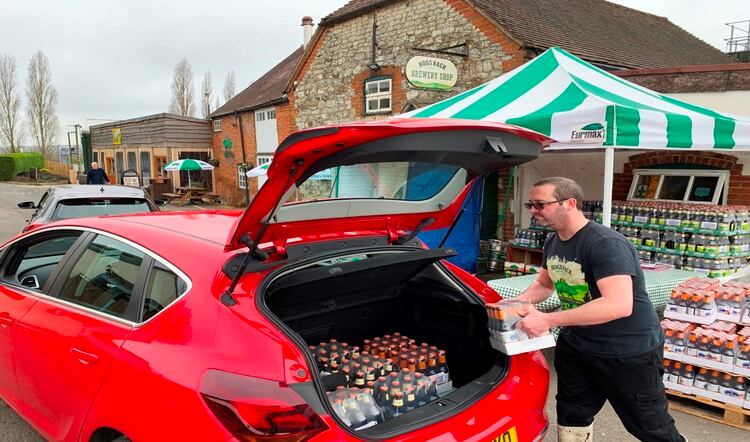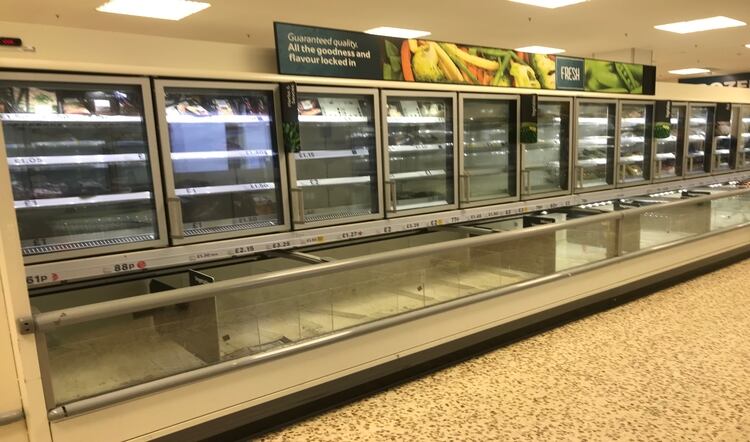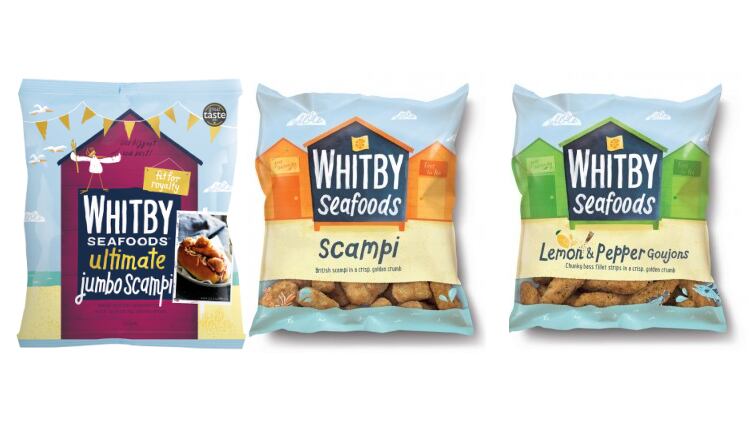PM Boris Johnson said that the global pandemic was set to escalate and that people should avoid non-essential contact. The Government offered a support package for the pub sector yesterday with offers of loans and help for other struggling businesses.
UK Hospitality chief executive Kate Nicholls told Food Manufacture: “We’re already looking at widespread closures of venues and job losses. This impact is going to felt throughout the entire sector, including the supply chain. If venues aren’t open then nothing is being sold, so suppliers are going to feel a huge hit, too.”
The sector has already seen a wide range of profit warnings, with catering company Compass already revealing it expected the drop-through impact of lost revenue to be between 25% and 30%.
Marston’s, the brewer and pub operator, has also issued a COVID-19 update saying that the impact has been marginal to date. It said Marston’s Beer Company’s beer volumes were in line with expectations for the 24 weeks to 14 March 2020, but added: “We anticipate that the Government’s advice will result in significantly lower sales in the coming weeks.”
Impact on small breweries
The Society of Independent Brewers Associations (SIBA), which represents independent breweries, raised concerns about the impact on small breweries, after the announcement of support packages for pubs.
It said: “Disappointingly, nothing was announced to allow more small independent breweries to sell and deliver direct to consumers. We seek urgent clarity from the Home Office on this.”
Paul Nunny, executive director of Cask Marque, which monitors cask beer quality, admitted that the decline in pub visits would affect brewers.
“Obviously, cask will struggle because it is closely linked to the pub,” he said.
He predicted that brewers would scale down cask and keg production“significantly”.
"Breweries are going to struggle to trade. Clearly, bottle sales might be okay and will probably grow,” he added.
Meanwhile, Surrey-based Hogs Back Brewery has found a new way to keep beer sales moving as people heed Government advice to stay away from pubs and bars and work from home.
The brewery, in Tongham near Farnham, has introduced a new drive-through service for its draught, bottled and canned beers.
Business as usual
Meanwhile, Scott Russell, founder and CEO of Paddy & Scott’s, which supplies speciality coffee to a range of hospitality businesses, said it was business as usual at the moment, but admitted the situation was “unprecedented”.
“People are still ordering coffee. We have seen a dip in coffee sales, but it has not fallen off a cliff,”he said.
But he said that the current situation was “certainly going to affect us.”
“What we are worried about is people panic-ordering and not paying us. We have not seen that yet and our customers are very honourable,”he added.
He said that if the Government put legislation in place to close hospitality businesses, then his firm would start to implement contingency plans.
“We have cash reserves to ride the storm for a while, but obviously not indefinitely,”he said.
However, drinks supplier Diageo has announced a suite of measures to help support the drinks trade through the COVID-19 crisis, with its brand Guinness pledging £1m to support wages in the free trade sector.
Diageo said it was helping to support smaller retailers, pubs and bars up and down the country by providing flexibility on order size and allowing smaller customers to manage their inventory in this fast-moving situation.




